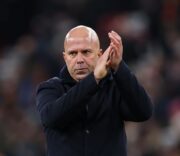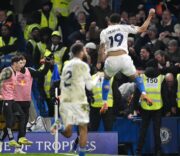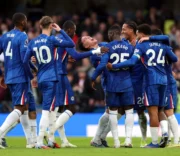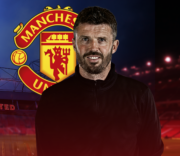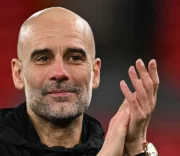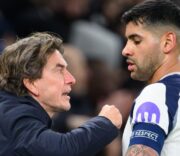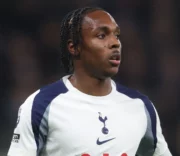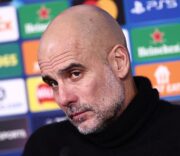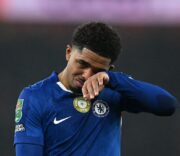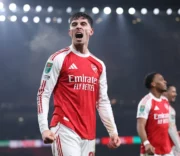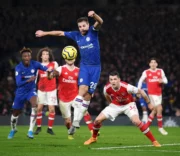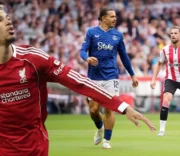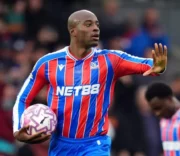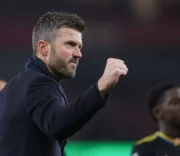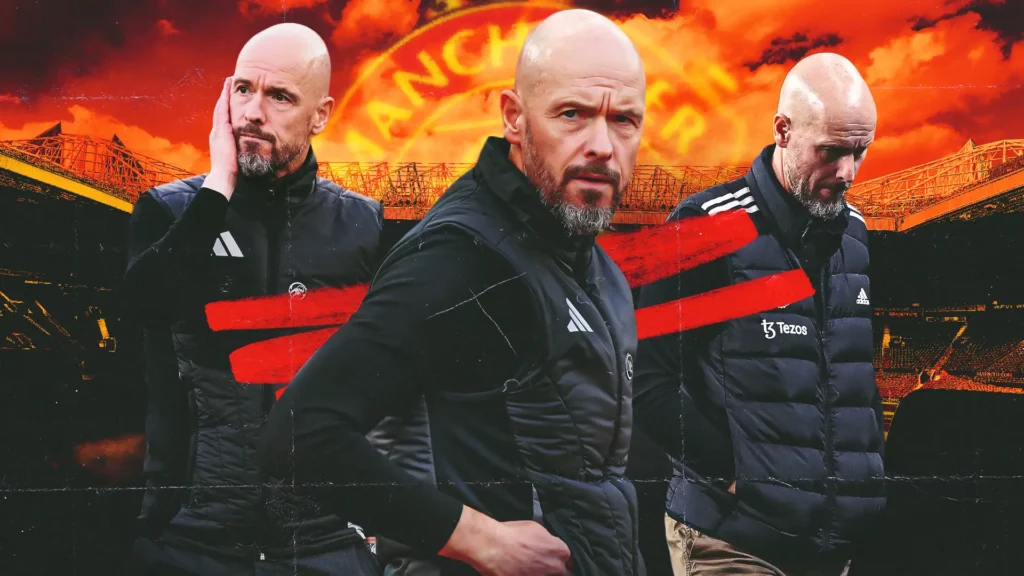
Manchester United finally decided to part ways with Erik ten Hag, but many believe the decision came far too late. Critics argue that sacking him last summer could have saved United a difficult season and wasted resources. Instead, the club’s indecision and prolonged consideration left them struggling to find a permanent replacement ahead of critical fixtures.
Missed Opportunities to Make a Change
Several moments during Ten Hag’s tenure seemed ideal for a managerial change. Disappointing losses to Brighton and Crystal Palace in September, followed by heavy 3-0 defeats to Manchester City and Newcastle in October, provided ample grounds for action. Yet, the club remained hesitant, partly due to uncertainties in ownership as Sir Jim Ratcliffe negotiated his minority stake purchase, finalized in early 2024. A brief improvement in results provided a temporary reprieve, but by season’s end, United suffered a 4-0 loss to Crystal Palace, reigniting doubts about Ten Hag’s future.
Ratcliffe’s Influence and Missed Alternatives
Sir Jim Ratcliffe and his INEOS colleagues began considering alternatives, even reaching out to potential replacements like Kieran McKenna, Thomas Frank, and Thomas Tuchel. United’s FA Cup final victory over Manchester City, however, led them to extend Ten Hag’s contract, hoping he could turn things around. Yet, after starting the new season with consecutive 3-0 losses to Liverpool and Tottenham, United’s patience wore thin, and they were left with no choice but to part ways.
Conclusion: Better Late Than Never?
Though the decision to dismiss Ten Hag may have been inevitable, the club’s delayed response cost them heavily in terms of lost time, morale, and resources. Now, they face the challenge of finding a suitable successor who can guide them back to their winning ways.





